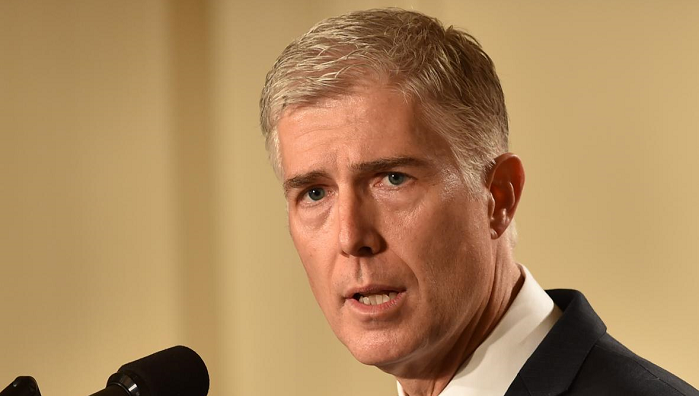U.S. Supreme Court Justice nominee wrote a book in 2007 opposing the legalization of assisted suicide. I reviewed that book for First Things, and noted that while he splendidly considered the (then) legal precedents and philosophical questions, (to my dismay) Gorsuch did not deal with the politics of the issue.
Now, assisted suicide advocates are citing that book as a reason to prevent the eminently qualified appeals court judge from being confirmed, for example, in this Washington Post piece, in which the author worries about Gorsuch stripping ”one of the most sacred rights as a human being,” e.g. the supposed right to have a doctor help make one dead.
Assisted suicide is hardly a “sacred” human right. Despite all the ruckus both pro and con about the issue (including by me), after decades of advocacy–supported with millions of advocacy dollars by George Soros and others–only a handful of countries and five states plus DC have enacted statutes that allow doctors to legally write lethal prescriptions.
Leglalization or prohibition is a policy question, not one of rights. Thus, I doubt a Judge Gorsuch would have any material impact on the question at all.
Consider:
First, I can’t imagine a case reaching the Supreme Court that would claim that laws legalizing assisted suicide are unconstitutional. The few such cases that were filed toward that end got nowhere.
SIGN THE PETITION! Vote to Confirm Supreme Court Nominee Neil Gorsuch
Second, in 1997 the SCOTUS ruled unanimously that there is no constitutional right to assisted suicide. While I believe advocates wish to reverse that decision, they won’t try (in my view) until and unless more than twenty states have legalized assisted suicide. Even then, what would be the justification of overturning a unanimous decision? The U.S. Constitution would not have changed. Again, the question is one of policy not constitutional law.
Third, the SCOTUS has already (essentially) ruled that a Congressionally passed statute could legitimately outlaw the use of federally controlled substances in assisted suicide. Whether that will ever be done is, again, properly a question of politics, not judicial determination.
Fourth, I don’t believe Judge Gorsuch would impose his personal views on the law. Unlike liberal judges, he doesn’t believe in conflating his own policy preferences with Constitutional jurisprudence. Indeed, he has stated that any judge who has never ruled against his or her policy preferences is a “bad judge.”
The euthanasia movement’s real objection to Judge Gorsuch isn’t that he will overturn assisted suicide where legal, but that his presence on the Court will make their distant hope of one day imposing an assisted suicide Roe v. Wade on the entire country very unlikely.
Indeed, the almost certainty that Gorsuch wouldn’t try to impose his policy preferences on the Constitution is a primary reason why he belongs on the Big Bench.
LifeNews Note: Wesley J. Smith is a senior fellow at the Discovery Institute’s Center on Human Exceptionalism and a consultant to the Patients Rights Council. This originally appeared at First Things.








